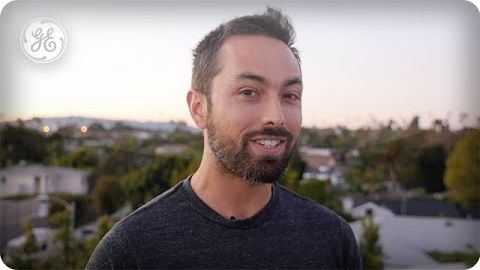Last Friday at the Neural Information and Processing Systems conference in Montreal, Canada, a team of artificial intelligence luminaries announced OpenAI, a non-profit company set to change the world of machine learning.
Backed by Tesla and Space X’s Elon Musk and Y Combinator’s Sam Altman, OpenAI has a hefty budget and even heftier goals. With a billion dollars in initial funding, OpenAI eschews the need for financial gains, allowing it to place itself on sky-high moral grounds.
 By not having to answer to industry or academia, OpenAI hopes to focus not just on developing digital intelligence, but also guide research along an ethical route that, according to their inaugural blog post, “benefits humanity as a whole.”
By not having to answer to industry or academia, OpenAI hopes to focus not just on developing digital intelligence, but also guide research along an ethical route that, according to their inaugural blog post, “benefits humanity as a whole.”






